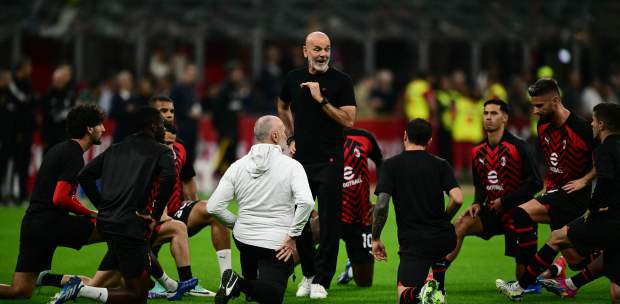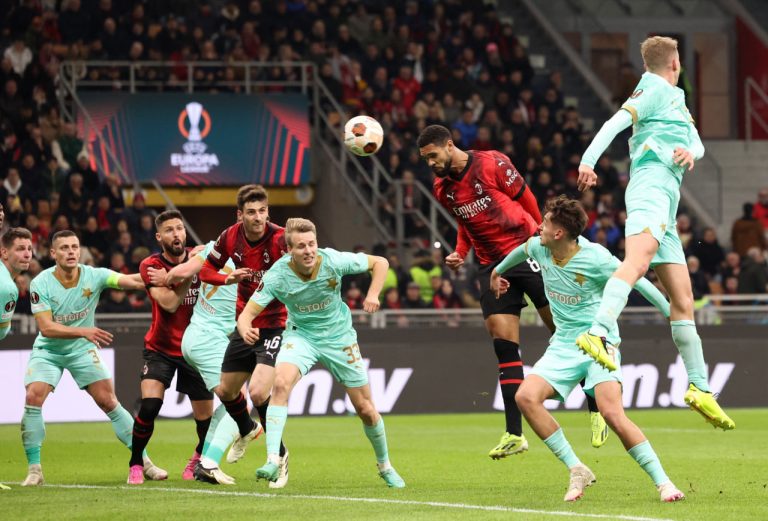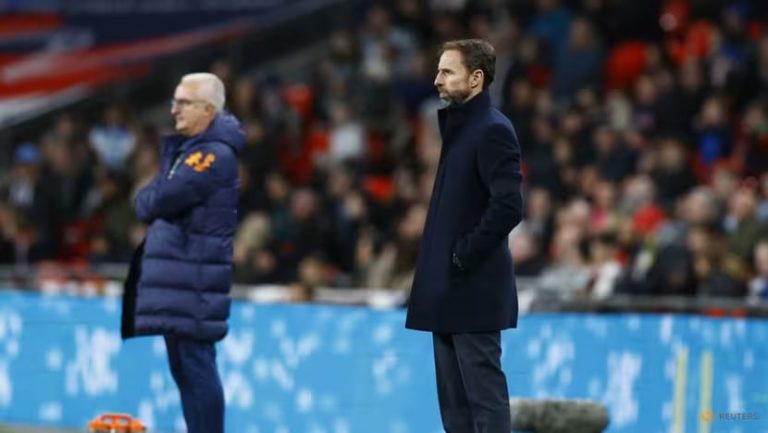UEFA’s Revolutionary Changes: A Deep Dive into the New Champions League Format
In the upcoming season, UEFA’s flagship tournaments – the Champions League, Europa League, and Europa Conference League – will undergo significant transformations, departing from the conventional group stage format to introduce an innovative league phase involving 36 teams. But what does this groundbreaking change entail, and how will it reshape the landscape of European football?
Expansion of Participation:
Traditionally comprising 32 teams, the Champions League will now accommodate 36 teams, with the additional slots distributed based on league positions and UEFA’s coefficient rankings. Among the four new entrants, one will be awarded to the third-placed team in the league ranked fifth by UEFA’s coefficient, while another will go to a domestic champion, increasing the number of qualifying teams through the champions’ path to five.
Furthermore, the remaining two slots will be allocated to the leagues finishing atop UEFA’s coefficient rankings for the season, taking into account performances in the Europa League and Europa Conference League.
Get real-time football scores here!
League Phase Dynamics:
Under the revamped format, all 36 teams will engage in a single league phase, eschewing the traditional group stage setup. Each team will confront eight opponents from the league, fostering a more dynamic and intense competition.
In both the Champions League and Europa League, teams will be categorized into four seeding pots for the draw, with each team pitted against two opponents from each pot. Notably, teams will contend in four home and four away matches, ensuring a balanced and equitable playing field.
Meanwhile, in the Europa Conference League, the format will feature six seeding pots, with each team facing off against six adversaries.
Knockout Stage Qualification:
The top eight teams from the league phase will advance directly to the last 16 of each tournament, while teams ranked ninth to 16th will enter a knockout play-off against counterparts placed 17th to 24th. Subsequently, the victorious clubs from these play-offs will progress to the round of 16, where they will encounter the top-eight finishers.
Conversely, teams failing to secure a position within the top 24 will be ousted from the competition, emphasizing the importance of consistent performance throughout the league phase.
Endorsement of Sporting Merit:
UEFA’s president, Aleksander Čeferin, underscores the organization’s commitment to upholding the fundamental values of sport and preserving the principle of open competitions based on sporting merit. This resolute stance reflects UEFA’s dedication to promoting fairness and solidarity within the realm of European football.
Čeferin expresses satisfaction with the unanimous support garnered from the UEFA Executive Committee, the European Club Association, European Leagues, and national associations, underscoring the unity prevailing within European football governance.
Conclusion:
The impending implementation of the new Champions League format heralds a paradigm shift in European football, marked by increased inclusivity, competitiveness, and adherence to sporting principles. As clubs brace themselves for this transformative journey, UEFA’s unwavering commitment to fostering a level playing field and championing the values of integrity and solidarity bodes well for the future of the sport on the continent.







